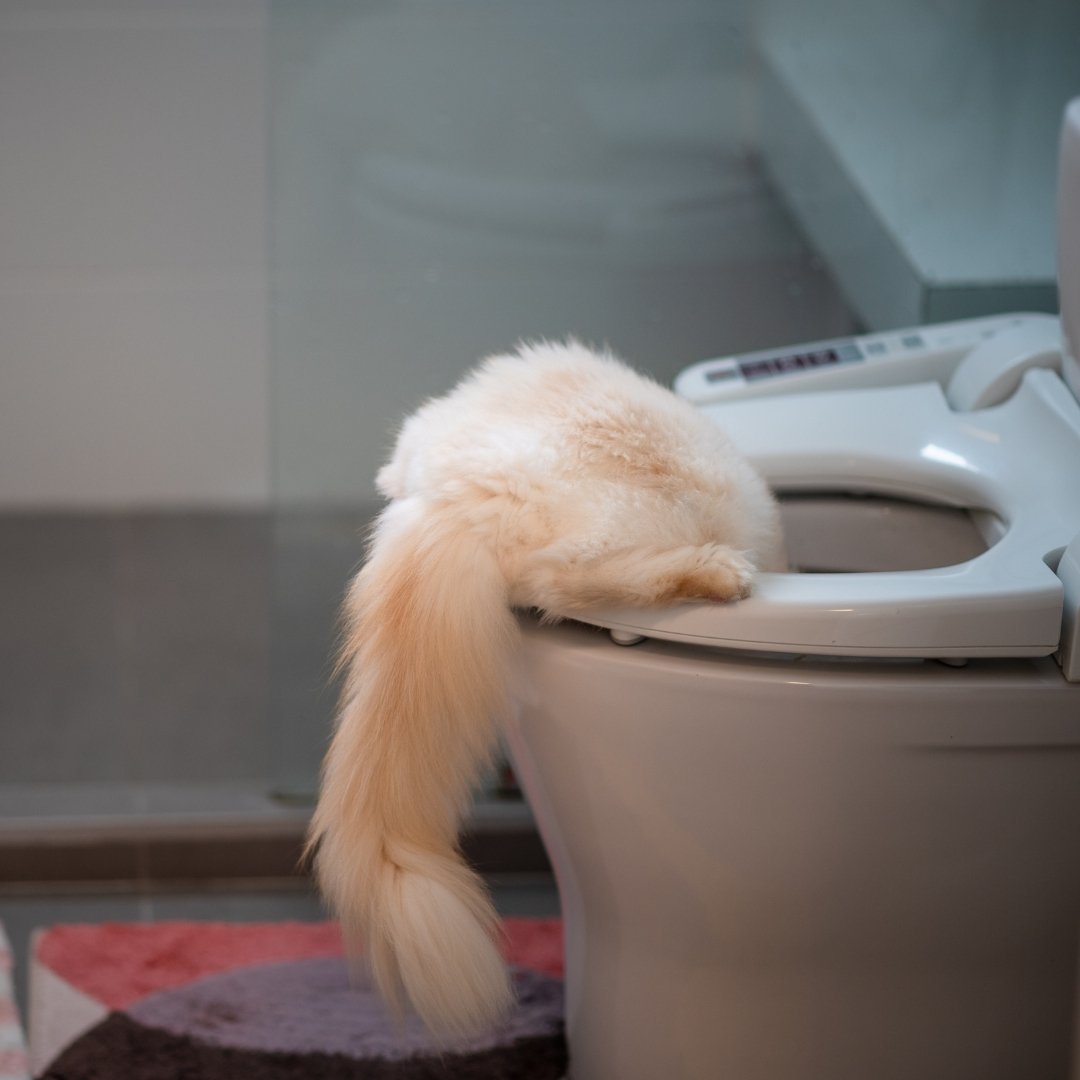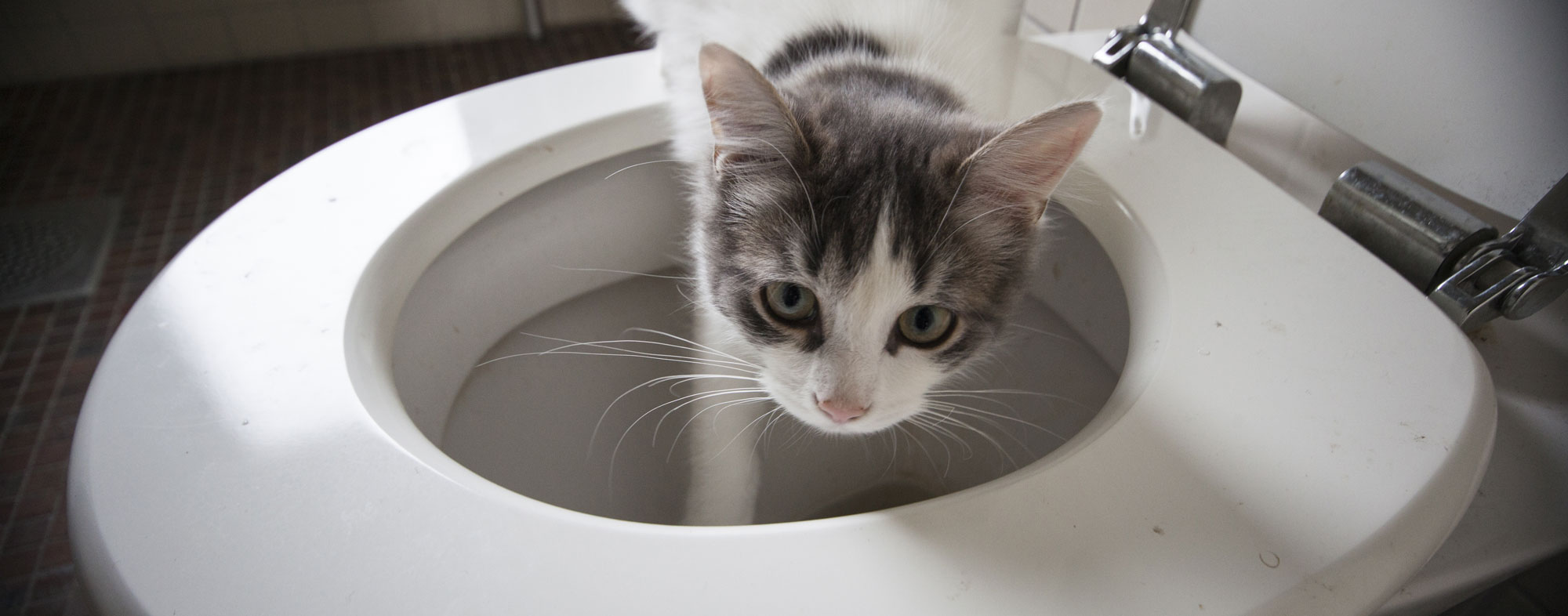Dangers of Flushing Cat Poop Down Your Toilet - Prevent Potential Issues
Dangers of Flushing Cat Poop Down Your Toilet - Prevent Potential Issues
Blog Article
This post down below relating to Can You Flush Cat Poo or Litter Down the Toilet? is unquestionably attention-grabbing. Read it for yourself and see what you think about it.

Introduction
As pet cat proprietors, it's important to bear in mind just how we deal with our feline buddies' waste. While it might seem hassle-free to flush feline poop down the toilet, this method can have harmful effects for both the atmosphere and human wellness.
Alternatives to Flushing
Fortunately, there are more secure and much more accountable means to dispose of cat poop. Think about the adhering to choices:
1. Scoop and Dispose in Trash
One of the most usual approach of dealing with cat poop is to scoop it into a biodegradable bag and toss it in the garbage. Make sure to make use of a specialized litter inside story and throw away the waste quickly.
2. Use Biodegradable Litter
Go with naturally degradable cat trash made from materials such as corn or wheat. These clutters are eco-friendly and can be securely taken care of in the garbage.
3. Hide in the Yard
If you have a yard, think about hiding pet cat waste in a marked location far from veggie yards and water sources. Make sure to dig deep enough to avoid contamination of groundwater.
4. Set Up a Pet Waste Disposal System
Purchase a pet garbage disposal system especially made for pet cat waste. These systems use enzymes to break down the waste, decreasing odor and ecological influence.
Health Risks
In addition to ecological problems, purging feline waste can likewise pose health threats to people. Cat feces might include Toxoplasma gondii, a parasite that can create toxoplasmosis-- a potentially extreme health problem, particularly for expectant women and people with weakened body immune systems.
Environmental Impact
Purging cat poop introduces hazardous microorganisms and parasites into the water, positioning a substantial risk to water ecological communities. These contaminants can negatively affect aquatic life and concession water quality.
Conclusion
Accountable family pet possession expands past giving food and shelter-- it also involves proper waste management. By refraining from flushing cat poop down the toilet and opting for alternative disposal methods, we can reduce our environmental footprint and protect human health.
Why Can’t I Flush Cat Poop?
It Spreads a Parasite
Cats are frequently infected with a parasite called toxoplasma gondii. The parasite causes an infection called toxoplasmosis. It is usually harmless to cats. The parasite only uses cat poop as a host for its eggs. Otherwise, the cat’s immune system usually keeps the infection at low enough levels to maintain its own health. But it does not stop the develop of eggs. These eggs are tiny and surprisingly tough. They may survive for a year before they begin to grow. But that’s the problem.
Our wastewater system is not designed to deal with toxoplasmosis eggs. Instead, most eggs will flush from your toilet into sewers and wastewater management plants. After the sewage is treated for many other harmful things in it, it is typically released into local rivers, lakes, or oceans. Here, the toxoplasmosis eggs can find new hosts, including starfish, crabs, otters, and many other wildlife. For many, this is a significant risk to their health. Toxoplasmosis can also end up infecting water sources that are important for agriculture, which means our deer, pigs, and sheep can get infected too.
Is There Risk to Humans?
There can be a risk to human life from flushing cat poop down the toilet. If you do so, the parasites from your cat’s poop can end up in shellfish, game animals, or livestock. If this meat is then served raw or undercooked, the people who eat it can get sick.
In fact, according to the CDC, 40 million people in the United States are infected with toxoplasma gondii. They get it from exposure to infected seafood, or from some kind of cat poop contamination, like drinking from a stream that is contaminated or touching anything that has come into contact with cat poop. That includes just cleaning a cat litter box.
Most people who get infected with these parasites will not develop any symptoms. However, for pregnant women or for those with compromised immune systems, the parasite can cause severe health problems.
How to Handle Cat Poop
The best way to handle cat poop is actually to clean the box more often. The eggs that the parasite sheds will not become active until one to five days after the cat poops. That means that if you clean daily, you’re much less likely to come into direct contact with infectious eggs.
That said, always dispose of cat poop in the garbage and not down the toilet. Wash your hands before and after you clean the litter box, and bring the bag of poop right outside to your garbage bins.
https://trenchlesssolutionsusa.com/why-cant-i-flush-cat-poop/

As a serious person who reads about Can You Flush Cat Poo or Litter Down the Toilet?, I thought sharing that piece of content was a good thing. Feel free to take a moment to distribute this article if you liked it. Thanks for going through it.
Click Here To Read More Report this page